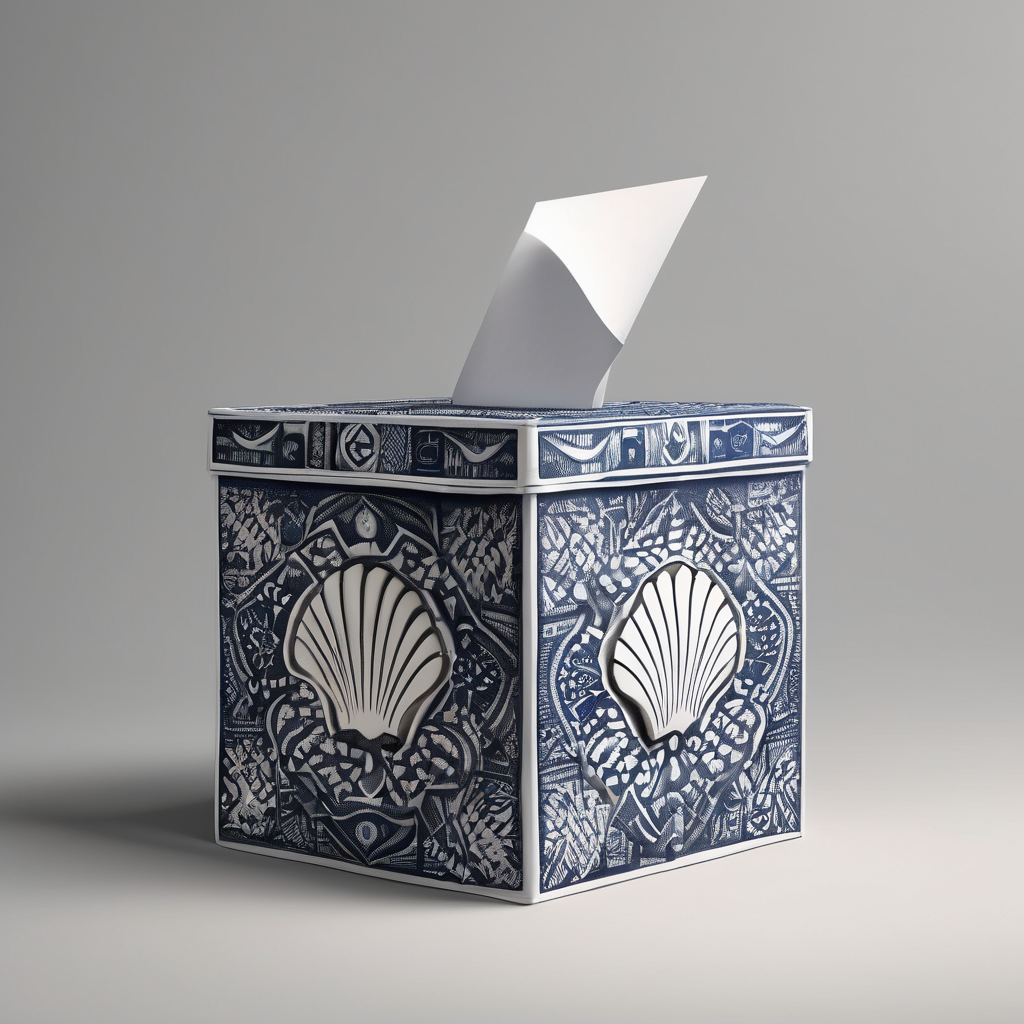Tonga has officially kicked off its general election campaign, with Prince Kalaniuvalu Fotofili confirmed as the unopposed noble candidate representing the Niuas. His uncontested nomination is a significant early development as the country gears up for polling day on November 20, 2025. Fotofili’s confirmation secures his position as the noble representative for the two Niuas islands, marking a seamless transition in the noble race.
The closing of candidate registrations on October 9 revealed a total of 71 candidates vying for the 17 available seats representing the people’s interests, with every incumbent choosing to run again. Among the constituencies, the Tongatapu 7 and Tongatapu 8 seats garnered the most attention, drawing seven candidates each. Other localities like Tongatapu 6 and 12 are also competitive, featuring six candidates each.
In addition to Fotofili’s automatic retention of his seat, a competitive noble race has emerged, with 14 candidates nominated for the nine available noble seats. The excitement surrounding the election extends beyond the noble class, also encompassing the people’s representatives, as voter engagement continues to build ahead of the November election.
The Supervisor of Elections, Pita Vuki, indicated that changes in requirements now mandate noble candidates to receive clearance from the Supreme Court and Magistrates’ Court before entering the political race. This reflects a broader commitment to ensuring transparency and legitimacy within the electoral framework.
In a context marked by political shifts, Dr. ʻAisake Eke became the Prime Minister of Tonga in January 2025, succeeding Siaosi Sovaleni, who resigned just prior due to a no-confidence vote. Eke’s leadership has reignited discussions concerning the monarchy’s influential role in governmental affairs, with debates surrounding the democratic balance in Tonga gaining momentum.
As the election date draws near, constituencies across both Tongatapu and the outer islands are poised for engagement, with expectations of a closely observed and competitive electoral process. Citizens will participate in voting for both the people’s representative seats and noble seats, with a structure that highlights the unique blend of democracy and monarchy that characterizes Tonga’s governance.
The sentiment surrounding the elections remains hopeful, as the political landscape appears ripe for new ideas and leadership strategies. With an engaged electorate, the upcoming elections may foster a focus on cooperation and reform, paving the way for an effective government that better serves the people of Tonga.
